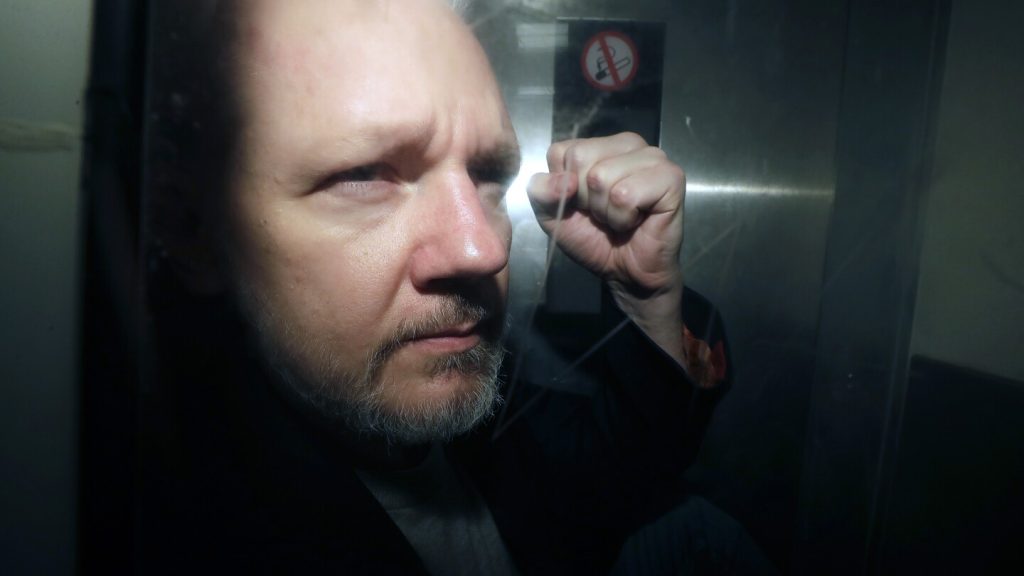Julian Assange, founder of WikiLeaks, is facing a crucial hearing in London’s High Court that could determine whether he will be extradited to the U.S. to face espionage charges. Assange, a computer expert from Australia, has been indicted on 18 charges related to the publication of classified documents by WikiLeaks in 2010. These charges include conspiring with U.S. army intelligence analyst Chelsea Manning to release secret diplomatic cables and military files on the wars in Iraq and Afghanistan. If convicted, Assange could face a prison term of up to 175 years, although American authorities suggest a lower sentence.
Assange and his supporters argue that he was acting as a journalist to expose U.S. military wrongdoing, and therefore, is protected by press freedoms under the First Amendment of the U.S. Constitution. Among the documents published by WikiLeaks was a video of a 2007 Apache helicopter attack in Baghdad that resulted in the deaths of 11 people, including two Reuters journalists. Assange’s wife, Stella Assange, defended his actions, stating that reporting a crime should not be considered a crime itself. However, U.S. lawyers claim that Assange attempted to hack into a Pentagon computer and that his publications posed a threat to U.S. intelligence sources in Afghanistan and Iraq.
The case against Assange has been ongoing for over a decade, with his freedom being restricted for years. Assange sought refuge in the Ecuadorian Embassy in London in 2012 after courts ruled he should be extradited to Sweden for a rape investigation. After Ecuador withdrew his asylum status in 2019, he was arrested by British police and has since been in London’s Belmarsh Prison. While Sweden dropped its investigation, Assange’s extradition battle with the U.S. continues. Despite initial concerns about Assange’s mental and physical health, a judge in London authorized his extradition in 2022 after assurances were provided by U.S. authorities regarding his treatment in prison.
Assange’s recent hearing in February saw his lawyers raise nine grounds for appeal, including the claim that his prosecution is politically motivated. The court accepted three of these arguments and issued a provisional ruling in March, stating that Assange could appeal unless certain conditions were met by the U.S. government. The U.S. provided reassurances later, but Assange’s supporters remain doubtful. If Assange succeeds, the case is likely to be further prolonged due to potential appeals. However, if the appeal is rejected, his legal team plans to seek intervention from the European Court of Human Rights.
The possible outcomes of Monday’s hearing include a further delay if Assange prevails or a potential extradition if the appeal is rejected. Assange’s wife remains hopeful, citing President Joe Biden’s consideration of a request from Australia to drop the case and allow Assange to return home. The support for Assange’s release from political figures is seen as a positive sign by his supporters. As the legal battle continues, Assange’s fate remains uncertain, with the possibility of being transferred to the U.S. looming over the decision in the High Court.


